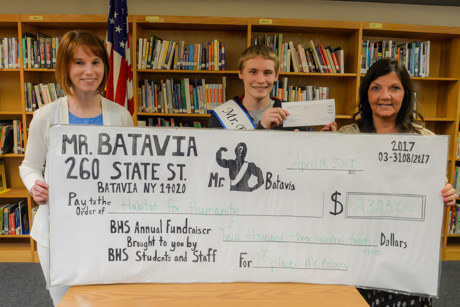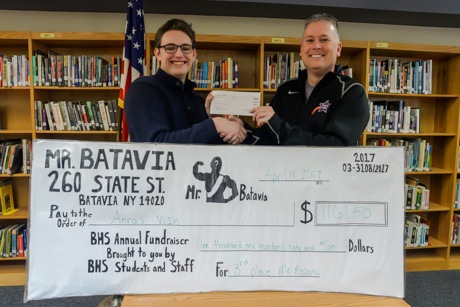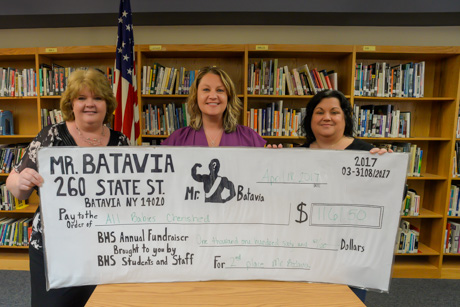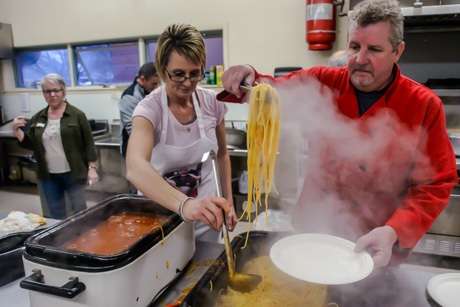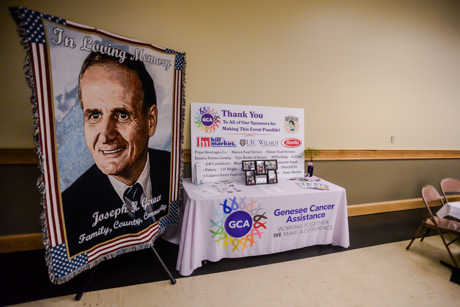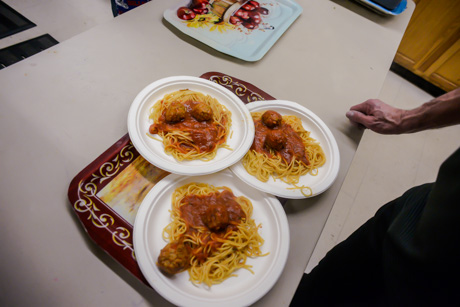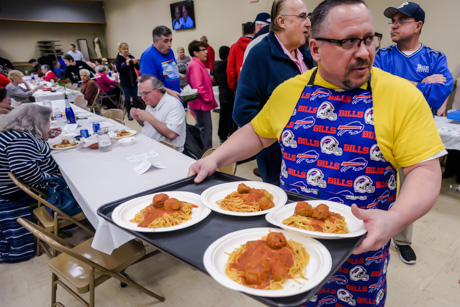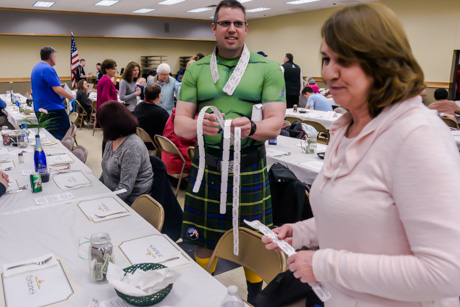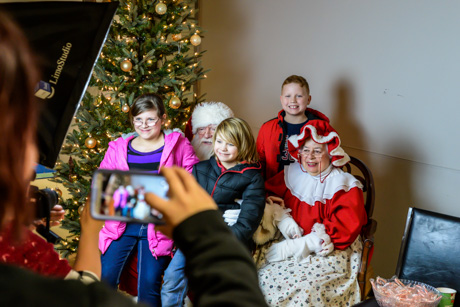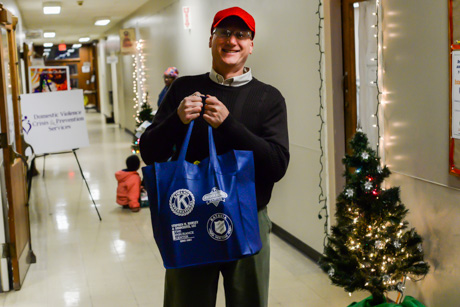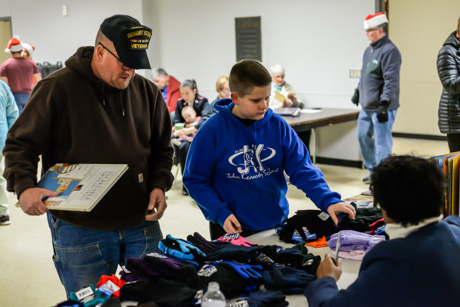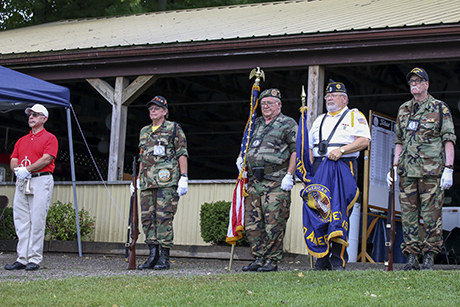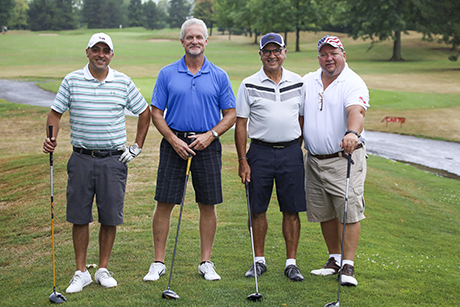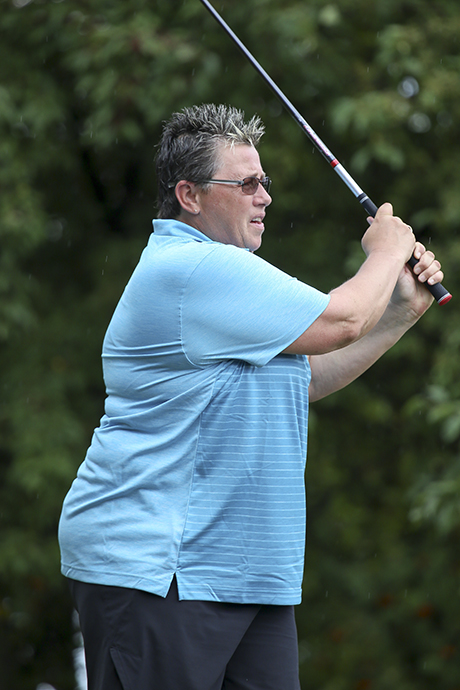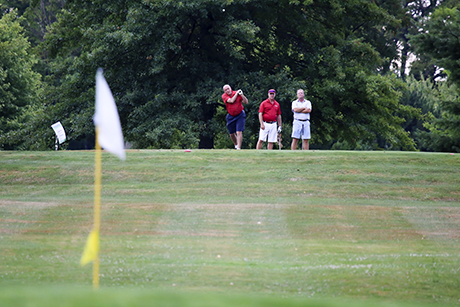Fundraiser set for toddler and family in treatment for leukemia

There's good news for 8-month-old Halani Rolle and her family. Doctor's say she's in remission for acute myeloid leukemia, but her treatments are far from over. (Previously: Infant in Batavia fighting the battle of her life)
She will have a bone-marrow transplant. Her sister Harlem is the donor.
There is a fundraiser for Halani and her family at the VFW on Sept. 2.
More information from her mother:
She has undergone three rounds of chemo and is currently in remission set to have a bone marrow transplant on Sept. 13th. Her sister Harlem is her match and will be her donor.
She is so appreciative to be helping her sister. Harlem says, "Mom, Halani is going to be just like me now because she's going to have my blood."
Halani is home for the time being and has been since Aug. 13 after spending three months in at Women and Children's in Buffalo. Halani will be readmitted to Golisano Children's Hospital in Rochester on Sept. 5 to begin another round of chemo to bottom her out before transplant.
We are so blessed to have her home for her benefit, which is why we want to invite the public.
Halani has received so much support from the community and from people who have never met her. We want to give back by inviting everyone. It will be held at the VFW in Batavia near the sand wash on Sept. 2 from 1 to 6 p.m. Tickets are $20 until Sunday. They include a meal, which consists of a chicken BBQ, mac salad, and salt patatoes, also a roll and one drink. It will also include a sheet of raffle tickets. There is cash bar and Macy Paradise will be the DJ. There will also be face painting for the kids. Brian Kemp of T-shirts Etc. is designing her shirts, which will be sold for $10 each.



